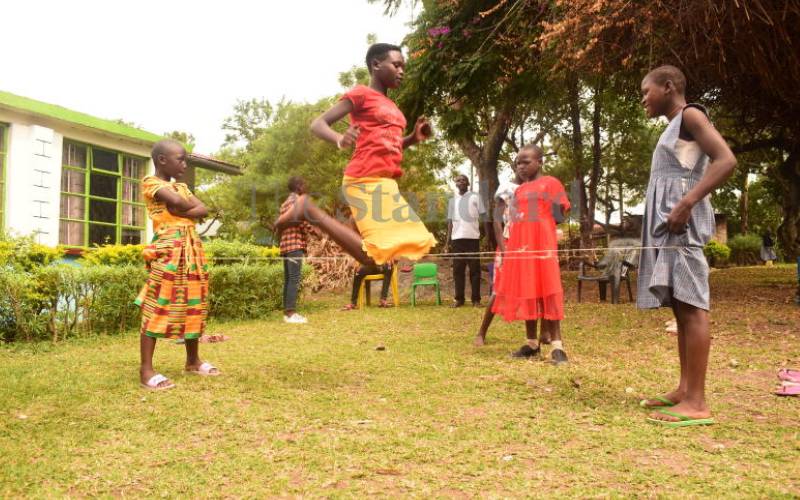×
The Standard e-Paper
Kenya’s Boldest Voice

Several Ugandan parents have transferred their children to Kenyan schools. [Mumo Munuve, Standard]
Eunice Lusike lives in Uganda but her three children school in the country.